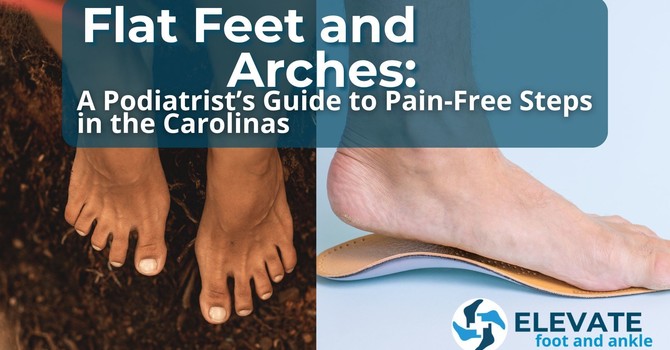
As we age, our feet require more attention to stay healthy and functional. For seniors, maintaining good foot health is essential for mobility, balance, and overall well-being. Neglecting foot care can lead to discomfort, decreased independence, and even serious medical issues. Here are some essential tips to help seniors take better care of their feet:
1. Inspect Your Feet Daily
Regular inspection is crucial for identifying potential issues early. Seniors should check their feet for cuts, bruises, swelling, or changes in color. Using a mirror or asking a caregiver for assistance can help ensure nothing is missed.
2. Wear Proper Footwear
Choosing the right footwear can make a significant difference in foot health. Seniors should look for shoes that:
- Provide good arch support
- Have a wide toe box to prevent crowding
- Feature non-slip soles for better stability
- Are made from breathable materials to reduce moisture buildup
- Avoid high heels, flip-flops, or shoes that are too tight, as they can lead to discomfort or exacerbate existing conditions.
3. Manage Dry Skin
Aging skin tends to lose moisture, making feet more prone to dryness and cracking. Apply a moisturizing lotion to your feet daily, but avoid the spaces between your toes to prevent fungal infections.
4. Address Arthritis Pain
Arthritis is a common issue among seniors and can significantly affect foot mobility and comfort. Consulting a podiatrist can help manage symptoms. Custom orthotics, supportive shoes, and physical therapy are often recommended to alleviate pain and improve function.
5. Improve Circulation
Poor circulation is another concern for older adults. To boost blood flow to the feet:
- Elevate your feet when sitting
- Avoid crossing your legs for long periods
- Stay active with low-impact exercises, such as walking or swimming
6. Trim Nails Properly
Keeping toenails trimmed can prevent ingrown nails and other complications. Trim nails straight across and avoid cutting too short. If this task is difficult, seek assistance from a caregiver or podiatrist.
7. Prevent and Address Common Foot Issues
Conditions such as corns, calluses, bunions, and fungal infections can be more prevalent with age. Early treatment is key to preventing these issues from worsening. Over-the-counter remedies may help, but persistent problems should be evaluated by a podiatrist.
8. Prioritize Regular Podiatry Visits
Routine visits to a podiatrist can help seniors maintain healthy feet and address any issues before they become severe. Podiatrists are equipped to provide expert care, from trimming nails to treating chronic conditions like diabetes-related foot problems.
By following these tips, seniors can enjoy healthier, more comfortable feet that support their mobility and independence. Taking proactive steps today can prevent potential foot issues tomorrow. If you or a loved one need specialized foot care, don’t hesitate to reach out to us for professional advice and treatment.
Dr. Thurmond Lanier
Contact Me

